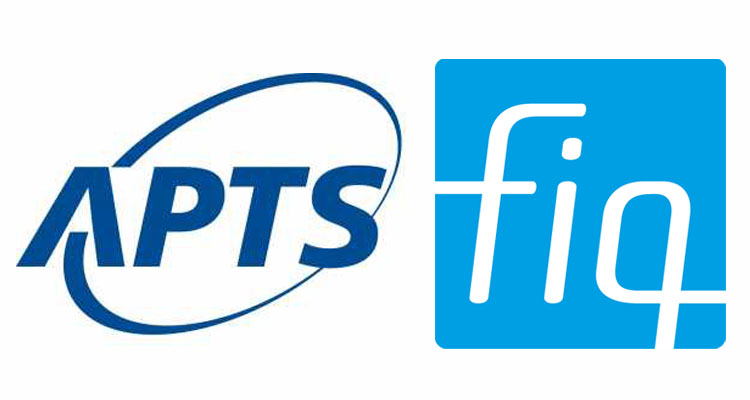
Upcoming negotiations in the public sector : The APTS and FIQ agree to form an alliance
The Alliance du personnel professionnel et technique du réseau de la santé et des services sociaux (APTS) and the Fédération interprofessionnelle de la santé du Québec–FIQ have decided to join forces and are announcing that they will speak with a unified voice throughout the upcoming public sector negotiations.
“Our organizations have close similarities, including their work place, several demands and even the effort we’ve required from members in recent years in the face of major reforms, mergers and budget cuts. This alliance and the sheer strength in numbers seemed very natural in view of the upcoming negotiations,” explained Carolle Dubé, president of the APTS, and Nancy Bédard, president of the FIQ.
Together, the APTS and FIQ represent over 130,000 workers in the health and social services network. “What’s also interesting is that the APTS and FIQ both have largely feminine memberships, composed of 86% and 90% women respectively, women who are required to work very hard and who have resolutely supported the network over the last several years,” said Ms. Dubé and Ms. Bédard.
“We strongly believe that to show solidarity and be open to such an alliance is the best way to improve our members’ working conditions and defend the quality of and access to public services,” said Carolle Dubé. “The solutions we propose will be able to improve our work environments and ensure greater recognition of our members’ skills and expertise in order to offer Quebecers the health and social services to which they are entitled.”
“The next round of negotiations is crucial for both the members of our organizations and the health and social services network. During this important process, the Quebec government will not be able to ignore the voice of 130,000 healthcare professionals and professionals and technicians working in health and social services who are at the forefront of this network, one which has undergone serious damage over the last several years. Together we will speak up loud and clear for our members’ demands to obtain not only better working conditions, but to propose their own solutions to make health care and services safer and more accessible in the public health network,” added Nancy Bédard.
“After many difficult years, our union members are very much in need of a breath of fresh air and adequate conditions to facilitate their work and allow them to provide better services to the population,” stated Ms. Dubé and Ms. Bédard. “When Quebecers elected the CAQ, they expressed a deep desire for change and they expect to see a major shift in direction for health and social services. This shift will require a major reinvestment in the network and improved operating,” concluded the two union presidents.